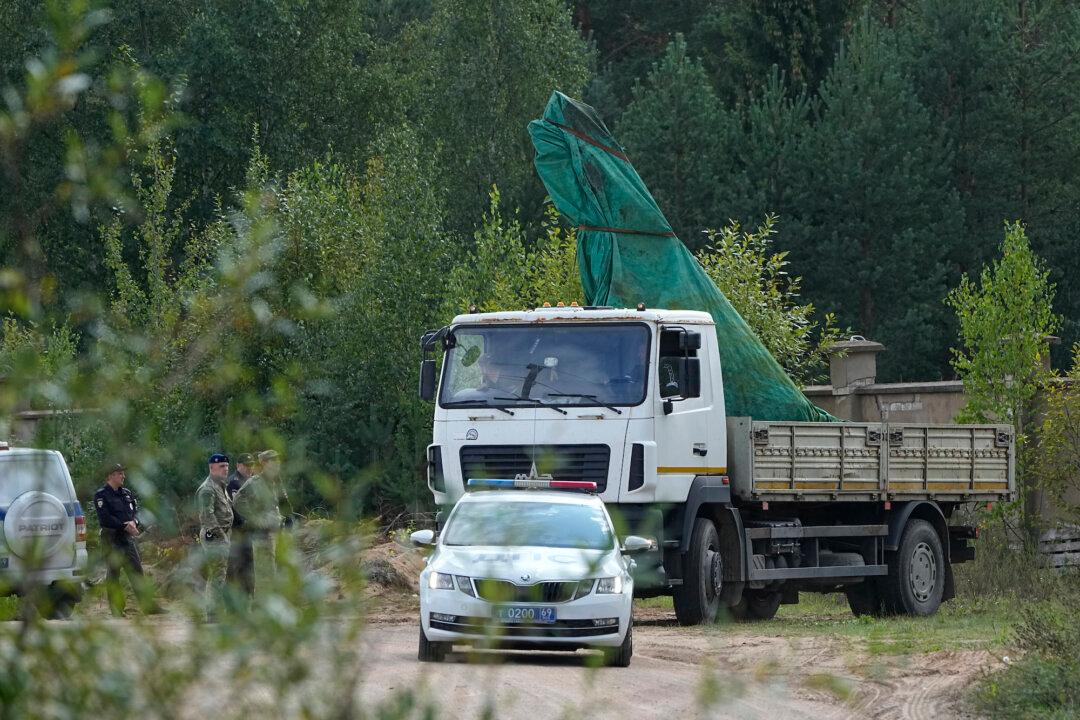The Kremlin has broken its silence on allegations that it was behind a plane crash that presumably killed mercenary leader Yevgeny Prigozhin amid reports of a preliminary U.S. intelligence assessment that the aircraft was downed by an internal explosion.
The jet that plummeted to earth on Aug. 23 soon after taking off from Moscow for St. Petersburg was carrying Mr. Prigozhin, six other members of the Wagner paramilitary group, and three crew members, according to Russia’s civil aviation authority.





